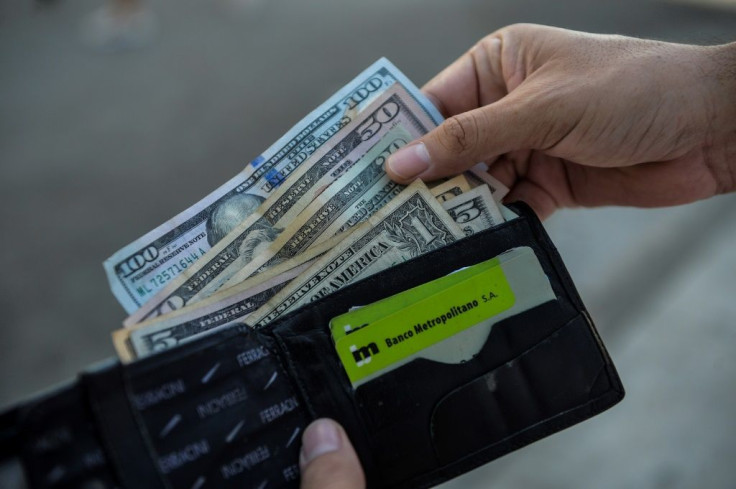Second Stimulus Check Update: Families With Undocumented Members Eligible For $600 Payments
KEY POINTS
- Mixed-status families will receive $600 stimulus checks
- Child dependents under the age of 17 would also receive personal checks
- The IRS will start sending out payments the week of Dec. 28
The U.S. Congress is set to pass a $900 billion coronavirus relief bill that includes $600 stimulus checks for individuals, including those who are members of "mixed-status" households.
The new bill will reportedly provide direct aid to U.S. citizens and green card holders who earn less than $75,000. Couples who make less than $150,000 will also receive $1,200 personal checks and an additional $600 for each child under 17.
The $900 billion compromise would make families with undocumented members eligible for $600 payments, even if some members do not have Social Security numbers. The new bill will qualify mixed-status families for the $1,200 personal checks per household and $500 per dependent checks from March’s CARES Act if they meet other eligibility requirements. Families who are mixed-status are made up of people with different citizenship or immigration statuses.
Under the CARES Act, households with a single member without a Social Security number, including undocumented immigrants and DACA recipients, did not receive direct payments.
"Fixing the provision that denied some eligible American citizens from receiving a federal stimulus check under the CARES Act was an oversight that needed correction," Sen. Marco Rubio of Florida told CBS News. "No American should have been blocked from receiving federal assistance during a global pandemic because of who they married."
The amount of direct payments depend on an individual’s or a couple’s gross adjusted income. The checks decrease by $5 for every $100 of income above the threshold, which means Americans earning $87,000 or couples making $174,000 would not receive payments.
Dependents under the age of 17 are also eligible to receive $600 checks. The new bill did not put a cap on the number of checks a household can receive. Senior citizens who rely on Social Security for income and railroad retires and veterans whose income comes from disability payments also would receive checks.
The Treasury Department will begin sending out $600 stimulus checks the week of Dec. 28, according to Treasury Secretary Steven Mnuchin. Arrival timelines will vary. It is expected that direct-deposit payments will arrive quickest. Checks sent by mail would likely begin arriving by late January.
The IRS would use the address and bank account information the agency collected from taxpayers who were eligible to receive the first round of stimulus checks.

© Copyright IBTimes 2025. All rights reserved.




















